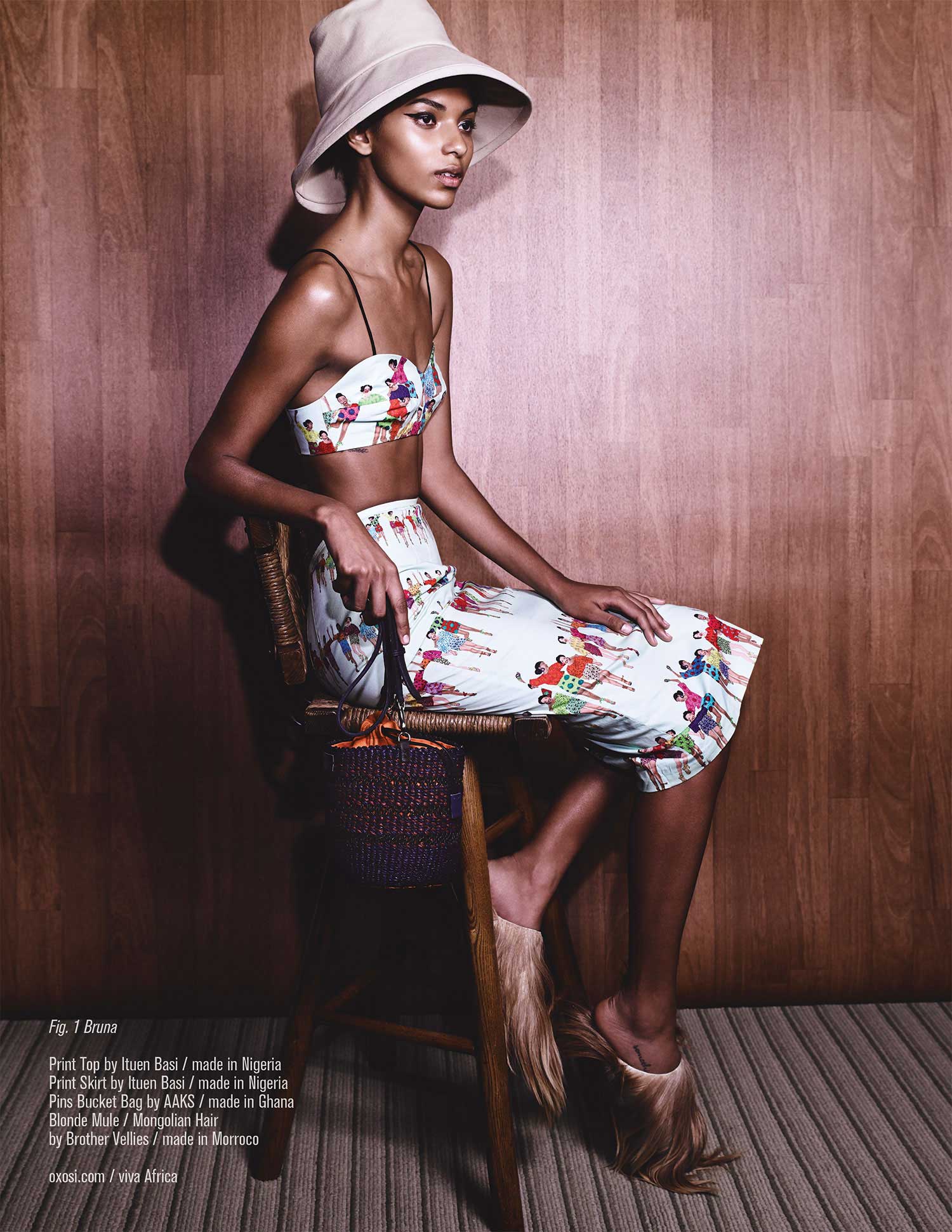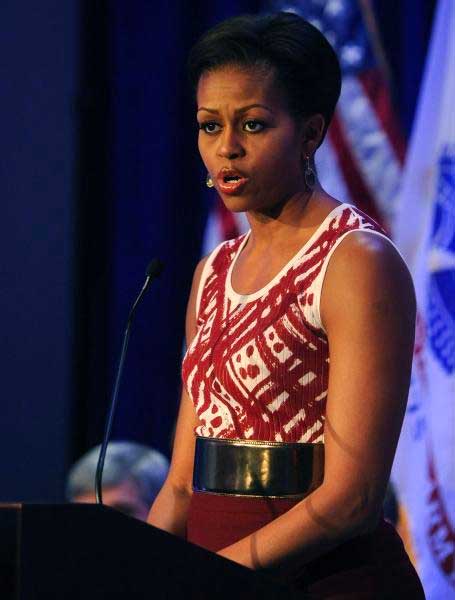AFRICA IN VOGUE
Africa’s presence on the international cultural stage is finally under the spotlight, with African art in particular generating hundreds of column inches thanks to the upcoming opening of the Zeitz Museum in Cape Town and a series of high-profile African art fairs in Paris, London and New York. Nigerian musicians such as Wizkid and Tiwa Savage, meanwhile, now have a powerful international following and many Grammys and MOBOs to their names.
However, until very recently, African fashion had lagged behind other creative industries, appealing to some people on the continent but largely being dismissed outside of Africa.
“Africa is too big, too creative and too dynamic not to play a major part in the international cultural scene. Anyone who ignores the continent is going to miss out in a major way”, says Nigerian-born Kolade Adeyemo, who along with Akin Adebowale has launched Oxosi, the first premium ecommerce platform delivering luxury African fashion brands to the world.
“But I do find it interesting that it’s taken so long for the rest of the world to notice African fashion. I think it’s because big international fashion companies aren’t as culturally aware and they think that if they do start working with African brands, it’s going to be really expensive and might fail. But once they get here, they realise how dynamic and creative it is.”
Currently, more than 70 per cent of the music bought and listened to on the continent is from Africa, showing that locals are passionate about supporting home-grown artists. But for a long time fashion lagged behind, with Africans placing a greater worth on international garb.
“This is definitely changing”, says Helen Jennings, the editorial director of Nataal, a global media brand celebrating African fashion and culture. “A generation ago there was this mind-set that international imports were somehow more desirable. But in recent years there’s been a huge swell of home-grown interest in and support for all creative industries including music, fashion, art and film. Music is the most easily and cheaply consumed so it is the frontrunner, but we’re seeing a new embrace of African designers in Africa too, thanks to social media, economic growth, burgeoning fashion weeks and media and this broader ‘New Africa’ pride.”
And major American stars are also catching on to this phenomenon. Beyoncé is often seen wearing wax African print jackets and dresses; Michelle Obama is a great supporter of African fashion; and Kenyan brand Jamhuri Wear got an unexpected burst of publicity after Jay-Z was spotted wearing T-shirts from the collection.
Which means that the continent’s top boutiques, hotel gift shops and department stores can swap their European and American lines for clothes by the plethora of talented local designers.
These include South African Sindiso Khumalo, who got her Masters in Design for Textile Futures at Central St. Martins College of Art and Design in London, before launching her sustainable fashion brand in 2012. Her vibrant pieces are inspired by her Zulu and Ndebele heritage.
Another South African making serious international waves is Laduma Ngxokolo, whose knitwear brand, Maxhosa by Laduma, made makes cool crewneck jumpers from South African mohair and wool. Inspired by his Xhosa background, his work won him the 2015 Vogue Italia Scouting for Africa prize.
Nigerian designers, meanwhile, recently got a boost when Chimamanda Ngozi Adichie, the award-winning author of Half of a Yellow Sun, launched a ‘Wear Nigerian Campaign’, where she has decided to dress in Nigerian brands in all her public appearances.
“In the past few weeks, I’ve bought more Nigerian brands than I ever have in the past”, she says. “I’ve discovered new names. I’ve been filled with admiration for the women and men running their businesses, despite the many challenges they face. I’m particularly interested in ‘inward-looking’ brands – those for whom dressing Nigerian women is as important as other goals.”
These brands include Folake Folarin-Coker, the founder of Tiffany Amber, whose colourful creations have earned her an impressive global following, which has led to her becoming the first African fashion designer to showcase her talent at the New York Mercedes Fashion Week two years in a row.
London-based, Nigerian born, Duro Olowu, meanwhile, counts Michelle Obama, Solange Knowles, Uma Thurman, and Linda Evangelista among his fans. And his unique and colourful African prints are now stocked in major British fashion emporiums such as Dover Street Market.
But for the many talented designers in Africa who have not yet received the global recognition they so deserve, it must be frustrating that acclaim for African fashion has lagged behind the other creative industries. However, times are changing – before long Johannesburg and Lagos fashion week will hopefully be joining the ranks of the great European fashion capitals and teaching the world to dress with African flair.

















